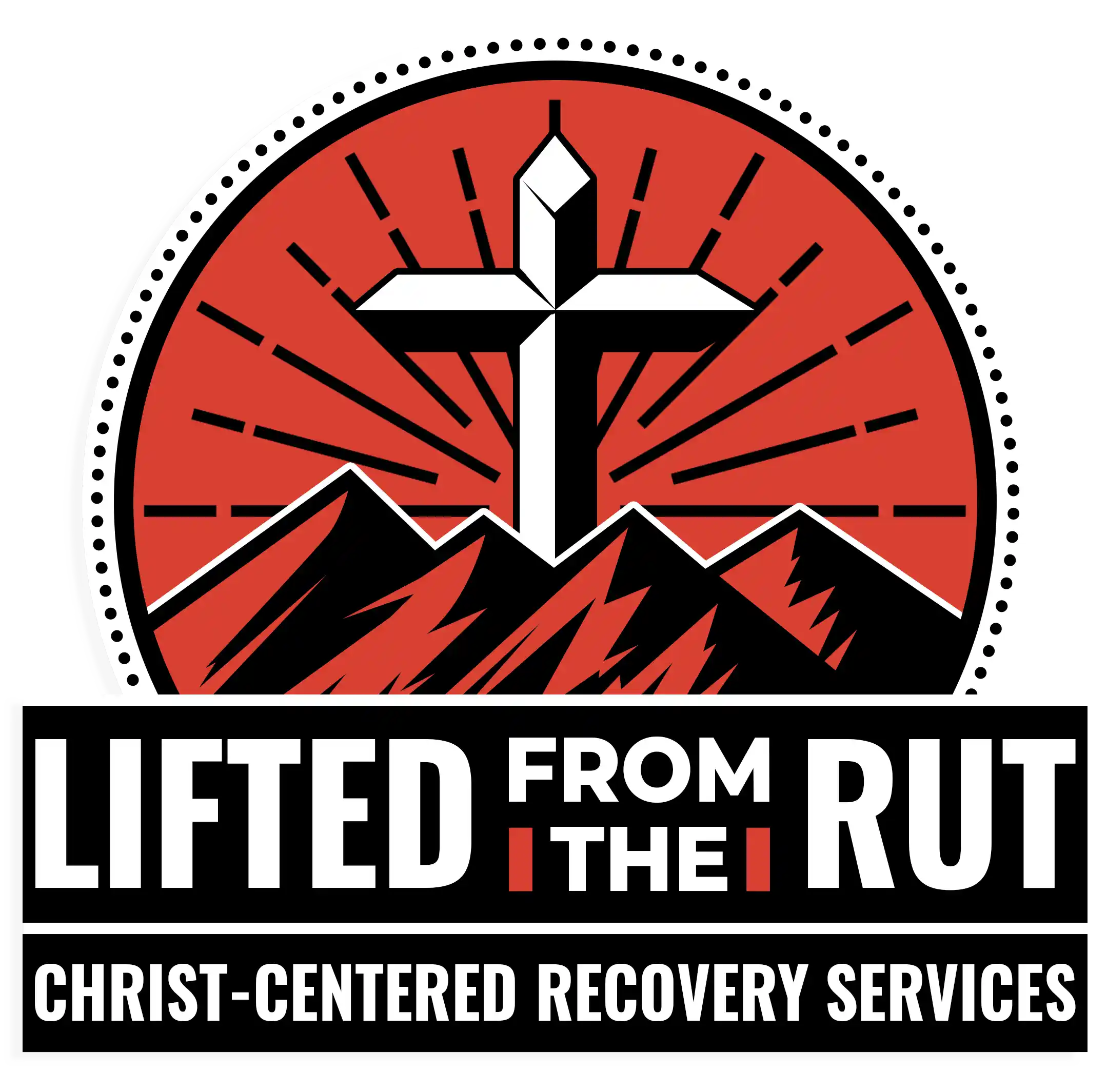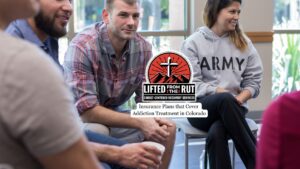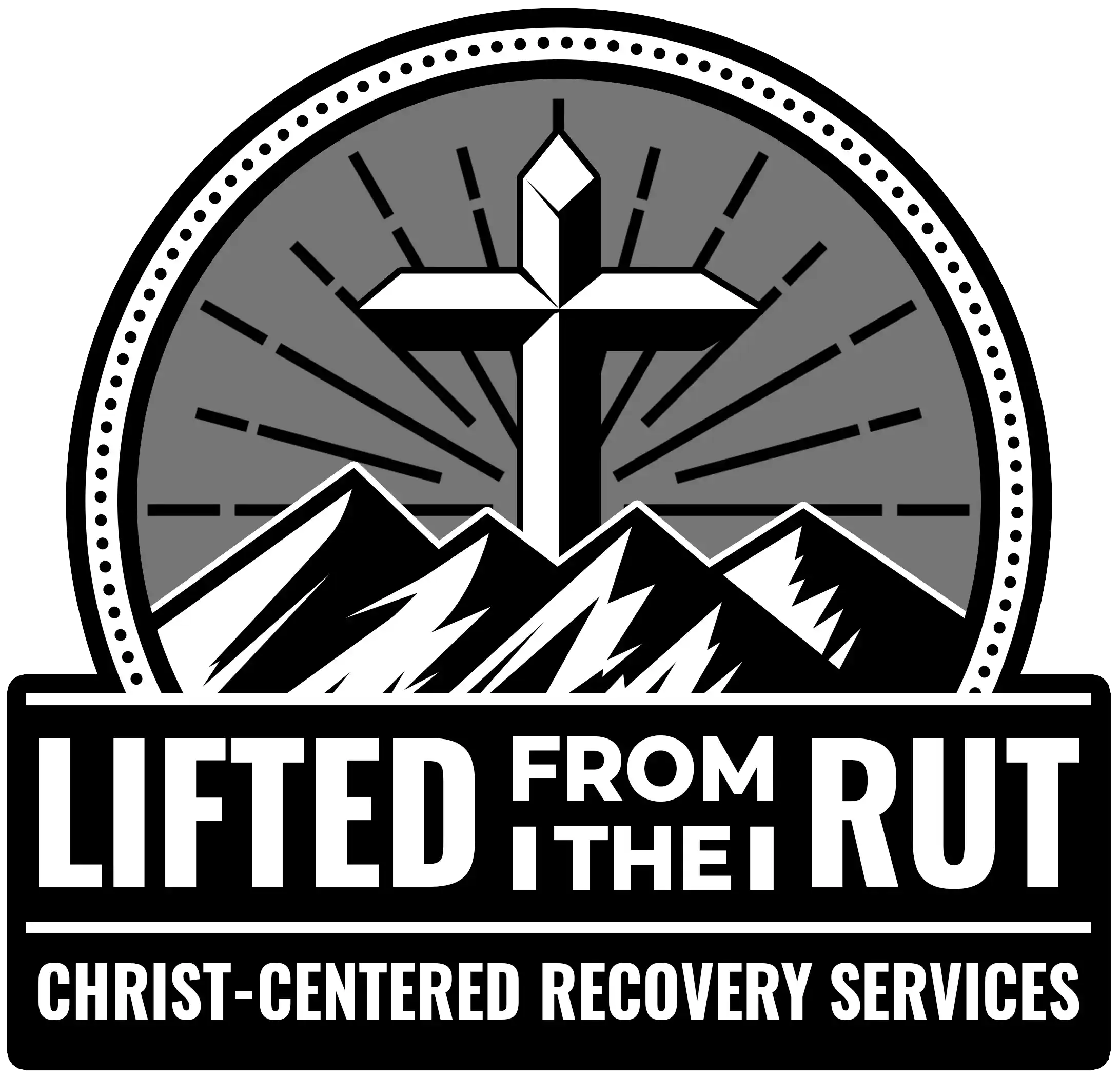The 12-step program is a cornerstone of addiction recovery, offering a structured path toward healing and personal growth. While the effectiveness of this approach is well-recognized, one of the most common questions is how long does it take to complete all the steps.
This article explores the typical time frames of a 12-step program, what to expect, and why the process is as important as the outcome.
Overview of the 12 Steps and Their Purpose
The 12 steps, originally outlined by Alcoholics Anonymous (AA), are a set of guiding principles for personal recovery and growth. Each step is designed to foster self-reflection, accountability, and spiritual growth, beginning with the admission of powerlessness over addiction and culminating in a commitment to help others achieve sobriety.
The process involves acknowledging the unmanageable nature of one’s addiction, seeking support from a higher power (which can be defined personally and need not be religious), conducting a thorough moral inventory, admitting wrongs, making amends, and practicing ongoing self-examination and spiritual development.
The primary purpose of the 12 steps is to provide a practical and spiritual framework that guides individuals toward personal transformation, healing, and long-term recovery.
By emphasizing acceptance, surrender, accountability, and service to others, the program helps participants break free from destructive patterns, restore manageability to their lives, and build a supportive community that sustains sobriety
The 12 steps of AA were developed to help you overcome alcoholism. Aside from this method, you should also seek professional help from our alcohol addiction treatment , which offers a unique approach by integrating evidence-based therapies with Christian spiritual guidance, addressing both the emotional and spiritual needs of clients.
Typical Time Frames: What to Expect
There is no universal timeline for completing a 12-step program. The process is highly individual, reflecting your circumstances, commitment, and spiritual journey. Some people may complete all 12 steps in as little as a few months—sometimes within 90 days—especially in mild cases or when there are fewer complicating factors. Others may take a year or longer, particularly if they face more profound trauma or complex life situations.
Most commonly, you spend between three months and a year working through the steps; however, it is not unusual to take 18–24 months or revisit steps multiple times as part of ongoing spiritual growth. The focus is not on speed but on the depth and sincerity of the work done at each stage.
Some steps may require extended time and careful preparation, especially when relationships or emotional wounds are involved.
Meanwhile, some individuals revisit these steps throughout their lives, using them as a framework for continuous personal growth and as part of a relapse prevention program.
During the process, expect periods of intense self-reflection, prayer, and honest conversations with a sponsor or spiritual mentor. Integrating faith into recovery provides a foundation of hope, purpose, and resilience, allowing you to draw strength from their beliefs during challenging times. It provides you with a moral compass that guides you toward healthier behaviors.
Factors Influencing the Duration
- Severity and history of addiction: Those with more severe or long-standing addictions may need more time for healing and spiritual growth.
- Personal commitment: Dedication to the process, willingness to be honest, and openness to spiritual change all impact the timeline.
- Life circumstances: External factors, such as family, work, health, and support systems, can impact the pace of progress.
- Relapse and setbacks: Relapses are not uncommon and may require revisiting earlier steps, extending the overall duration.
- Quality of sponsorship: A supportive, experienced sponsor can help guide the process more effectively, but each sponsor may have a different approach to pacing.
- Depth of spiritual engagement: For those approaching the steps from a faith-based perspective, time spent in prayer, meditation, and spiritual counsel can be significant and deeply personal.

The Role of Meetings and Sponsorship
Regular attendance at meetings and active engagement with a sponsor are foundational elements of the 12-step process. Meetings offer a supportive community, accountability, and opportunities to share experiences and spiritual insights. They are places where faith can be strengthened through communal prayer, shared testimonies, and encouragement.
A sponsor—someone who has completed the program’s steps and embodies its spiritual principles—serves as a mentor, guide, and confidant. The sponsor relationship is often grounded in shared faith, providing both practical advice and spiritual support. Sponsors can help you navigate challenges, interpret the steps through a faith-based lens, and maintain motivation.
There is no set frequency for meetings or sponsor check-ins, however, most programs encourage regular, ongoing participation, even after completing the steps, to maintain spiritual and emotional well-being.
The Importance of Pace and Personalization
One of the most essential principles of the 12-step journey is that it is not a race. Your path is unique, and the emphasis should be on the quality of personal growth and spiritual transformation rather than the speed of completion. Rushing through the steps can undermine their effectiveness and may lead to missed opportunities for healing and spiritual awakening.
Personalization is key, as you may need to linger on specific steps, particularly those involving forgiveness, making amends, or spiritual surrender. You may also find yourself revisiting steps periodically as new challenges arise or as your faith deepens. The program encourages you to trust the process, seek God’s guidance, and honor your journey.
Life After the 12 Steps
Completing the 12 steps is not the end of the recovery or faith journey—it is a foundation for lifelong growth and service. You can continue to attend meetings, sponsor others, and practice the spiritual principles learned in your daily life. Ongoing prayer, meditation, and service to others become central aspects of sustained recovery and spiritual well-being.
The faith-based perspective emphasizes that recovery is a daily commitment to living in alignment with God’s will, seeking continual transformation, and supporting others on their journeys. The sense of community, accountability, and spiritual purpose found in the 12-step fellowship often becomes a lasting source of strength and hope.
Final Thoughts from LFTR Christ-Centered Recovery Services
The 12-step journey is a lifelong process of growth, healing, and support that extends beyond simply completing the steps, emphasizing ongoing participation and commitment to maintain sobriety.
At LFTR Christ-Centered Recovery Services, we offer Outpatient Programs (OP) for alcohol addiction that provide a flexible and supportive path for recovery while maintaining your daily responsibilities. We blend evidence-based therapies with compassionate, faith-based care, allowing you to attend sessions every week without disrupting work, school, or family life. You will benefit from a mix of individual counseling, group therapy, and spiritual support, all tailored to address the root causes of your addiction and foster healthy coping skills.






